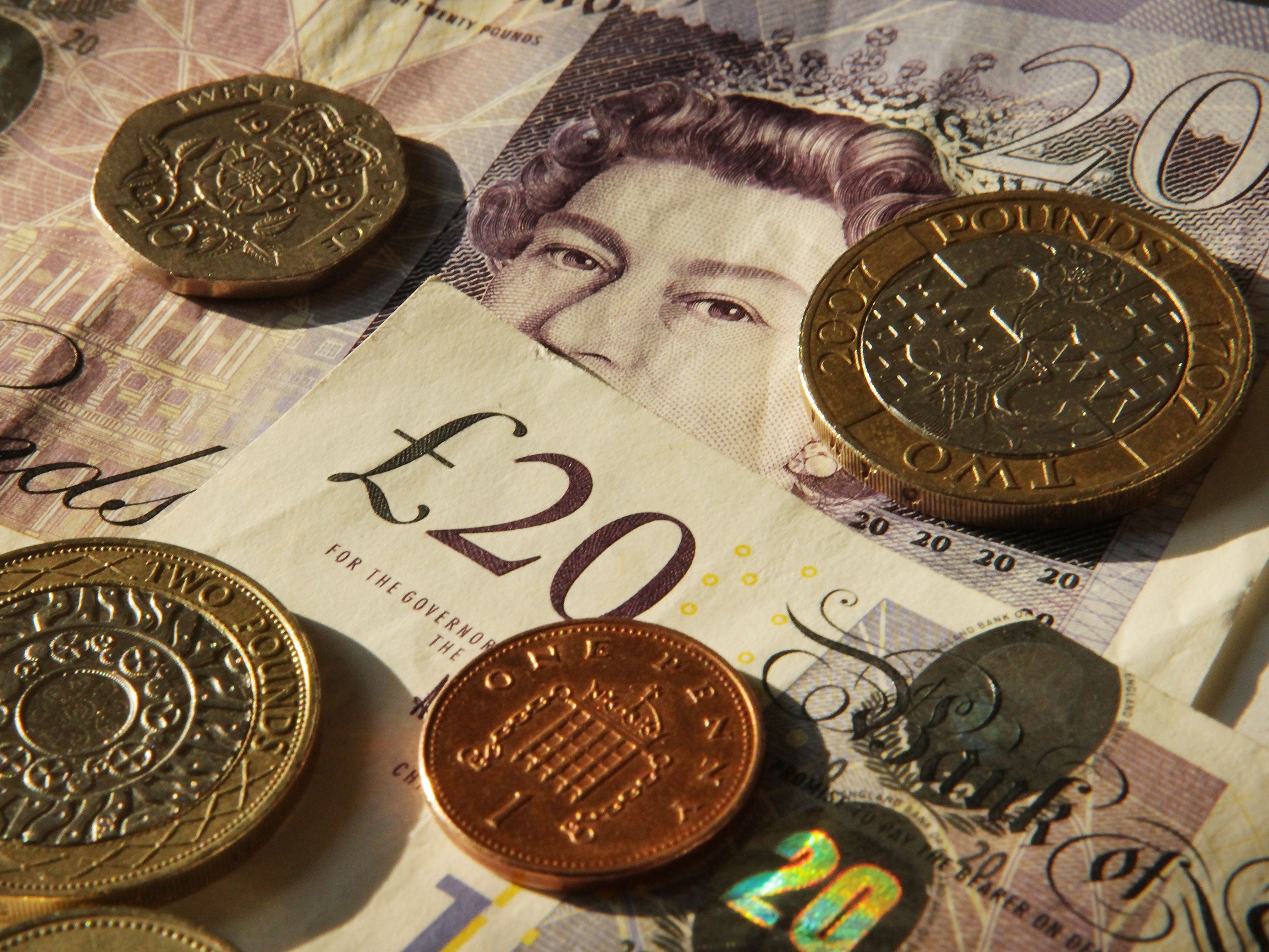Your support helps us to tell the story
From reproductive rights to climate change to Big Tech, The Independent is on the ground when the story is developing. Whether it's investigating the financials of Elon Musk's pro-Trump PAC or producing our latest documentary, 'The A Word', which shines a light on the American women fighting for reproductive rights, we know how important it is to parse out the facts from the messaging.
At such a critical moment in US history, we need reporters on the ground. Your donation allows us to keep sending journalists to speak to both sides of the story.
The Independent is trusted by Americans across the entire political spectrum. And unlike many other quality news outlets, we choose not to lock Americans out of our reporting and analysis with paywalls. We believe quality journalism should be available to everyone, paid for by those who can afford it.
Your support makes all the difference.Children’s pocket money has risen more than twice as fast as parents’ wages since the 1980s, research has revealed.
Youngsters aged between eight and 15 now receive an average of £6.35 a week from their cash-strapped parents, a figure that is 462 per cent higher than in 1987.
In the same period, the annual wages of those footing the pocket money bill have increased by just 188 per cent, from £11,648, in 1987 to £33,511 in 2014.
To earn their healthy cash pay-outs, two-thirds of children are expected to help out with the housework or other chores.
The most common tasks performed in exchange for pocket money were tidying up bedrooms, followed by washing up; although girls were found to be more likely to help around the house than boys.
Unsurprising, children living in London receive the highest amount of pocket money at £8.26 a week, while those in East Anglia receive the lowest at £5.15 a week.
The spending power of children has also grown significantly since 1987, when the average weekly pocket money could only buy five Cadbury’s Twirls, now it can buy 10.
Richard Fearon, head of Halifax Savings, which commissioned the research, said: "Understanding the value of money is one of life's great lessons.
"The fact that children are being taught the concept of how to earn money and the value of that money through pocket money is fantastic."
Additional reporting by PA

Join our commenting forum
Join thought-provoking conversations, follow other Independent readers and see their replies
Comments